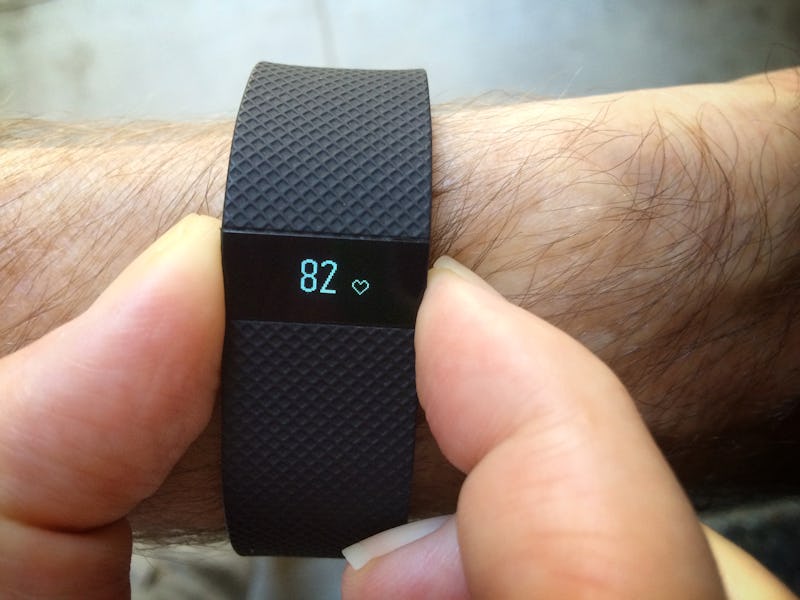Scientists Got An Unprecedented View Of How Covid-19 Affects Women and Men Differently
Emerging studies are finding biological sex may play a role in Covid-19 outcomes.

A promising avenue of wearable Covid-19 detection — where biodata from wearable devices like a Fitbit or Apple Watch is used to detect the virus before you’re symptomatic — is revealing the impact biological sex has on how individuals experience the virus.
In a study published Wednesday in the journal PLOS One, researchers combed through over a million hours of wearable data collected during the pandemic and found individuals assigned male or female at birth experienced differences in skin temperature, breathing rate, and heart rate during a Covid-19 infection. These varying physiological responses to the virus appeared to be independent of other health factors like age, body mass index (BMI), lifestyle factors like alcohol and drug use, and diseases like hypertension.
While still preliminary, the researchers write in the paper that their findings offer support for wearable technology as a “valuable approach to gain deeper insights into diseases and their impacts, ultimately laying the groundwork not only for more timely and more accurate diagnoses but also for general advancements in precision medicine.”
The biological underpinning
The fact that there’s a complex interplay between biological sex and Covid-19 outcomes was a phenomenon scientists and clinicians observed during the pandemic. For example, one 2020 meta-analysis found that individuals assigned male at birth were three times more likely than those assigned female to require intensive care when infected with Covid-19; they were also more likely to die.
For individuals assigned female, studies have found they’re more likely to experience long Covid. Some theories tying into why long Covid is more common among this group include fluctuating hormones associated with the menstrual cycle and underlying sex-specific differences in how the immune system responds to Covid-19.
In the new study, the researchers analyzed data collected from the COVI-GAPP study, a research initiative launched in 2020 in the European country of Liechtenstein where the aim was to see if it was possible to detect presymptomatic and asymptomatic Covid-19 infections by pairing wearable data with machine learning technology. Over 1,100 healthy participants between 2020 and 2022 wore an AVA fertility tracker, which monitored their breathing rate, heart rate, heart rate variability, skin temperature, and blood flow at night while sleeping. Blood samples were also collected to check for any antibodies against the virus.
For their study, the researchers tracked how these physiological values changed depending on someone’s biological sex before a Covid-19 infection, during a virus’ incubation period, before and after symptoms start, and during recovery.
They found that among those who were infected with Covid-19, individuals assigned male at birth experienced spikes in their skin temperature, breathing rate, and heart rate compared to individuals assigned female. This group also experienced a decrease in their heart rate variability, which is the amount of time between heartbeats that fluctuates slightly. This spike in breathing and heart rate remained long after these individuals recovered from Covid-19.
While corroborating emerging studies on how biological sex impacts one’s response to Covid-19, the researchers acknowledge several limitations to their findings. One is that they didn’t take into account how the menstrual cycle influences heart rate or skin temperature. Nonetheless, they say more work needs to be done to uncover how one’s unique biology can impact individual care and outcome, especially for debilitating conditions like long Covid.
“The results highlight the importance of taking sex into account in medical treatment and care of Covid-19 patients, as well as when validating infection detection algorithms in digital health,” the researchers wrote in their paper. “Wearable technology, capable of providing a reliable history of measurements, can empower clinicians with invaluable insights into individual patient health, enabling more personalized and timely interventions that hold promise for improved patient outcomes in the fight against COVID-19 and beyond.”